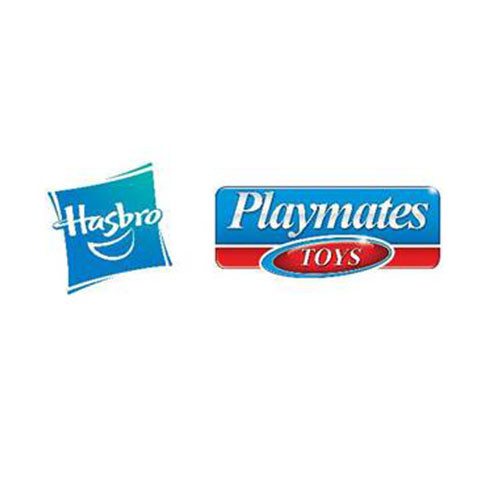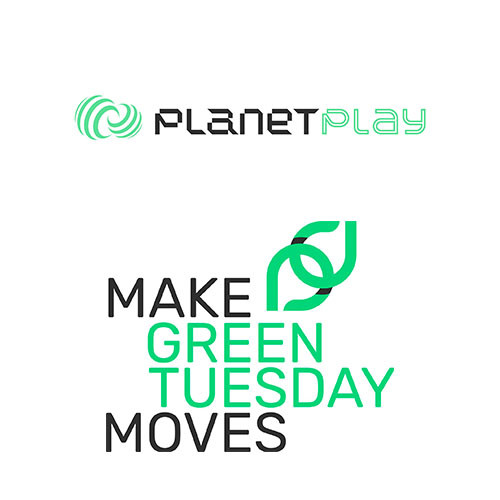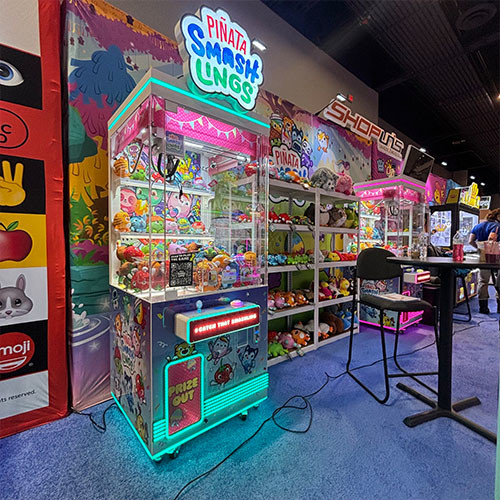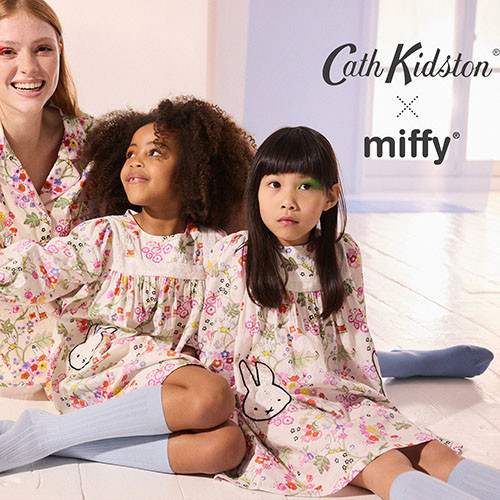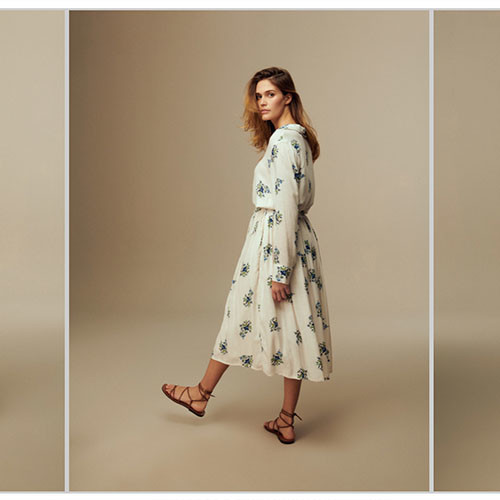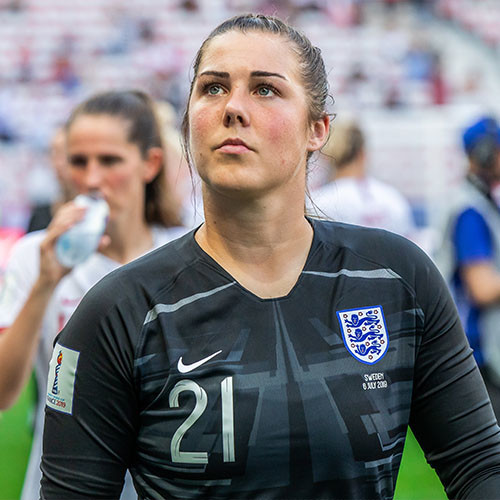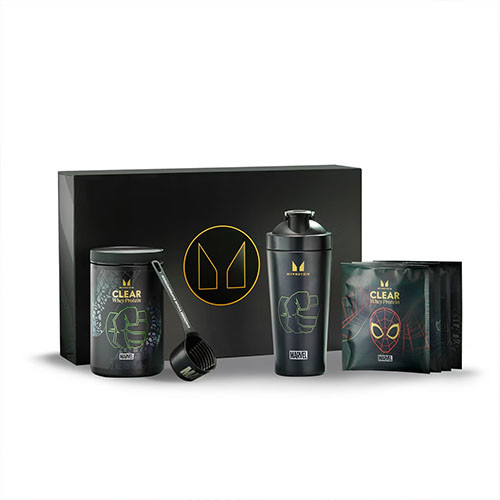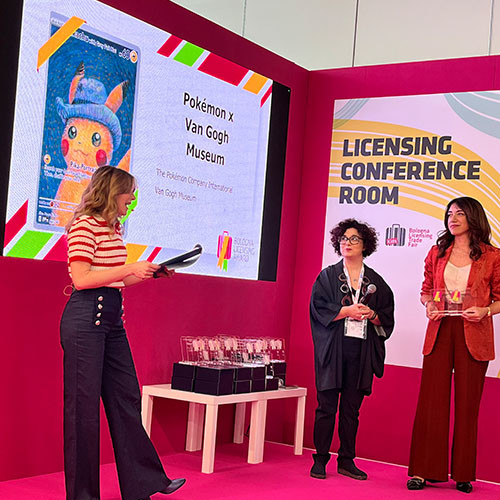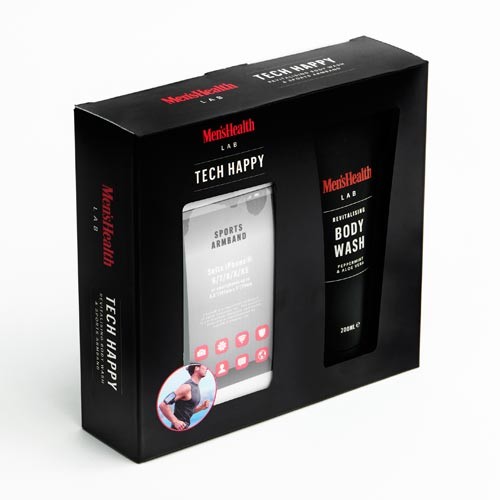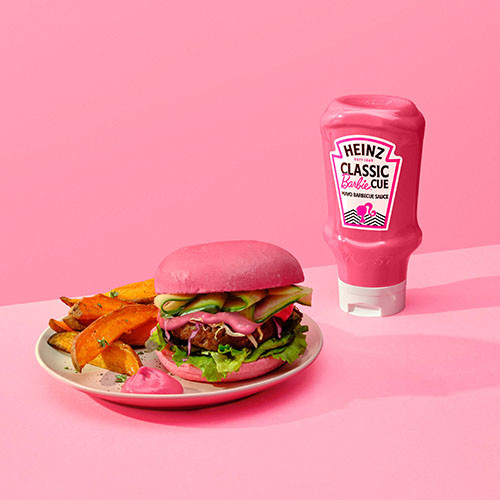Helena Mansell-Stopher reports from the Drapers Sustainable Fashion Summit, as business grapples with balancing sustainable practices with current challenges.
With London now on lock down, I was very lucky to attend the Drapers Sustainable Fashion Summit 2020 on Wednesday March 11 at Kings Place. This was the second year Drapers has run the event. With fashion unfortunately being the second most damaging industry after oil, it was extremely encouraging to see retailers and suppliers take responsibility and start to implement changes to both the materials they use as well as how they produce.
The licensed apparel and accessories business is worth $66billion and it’s increasingly important for us as brand stewards, to make sure that we produce with materials that are less damaging to the environment, not only for ethical reasons, but because we recognise that many of the resources currently used in the production of clothing and footwear are finite. With the fashion industry charter for climate action (UNFCCC) signed in 2018 developments in the area are definitely on fast forward.
With COVID-19 potentially disrupting business for many months to come, it’s going to be a hard balance between driving change in sustainable practices in a business world that is in such flux, but something that we must try to continue to do, especially as we are in the ‘Decade of Action’.
Rental start-ups, recycled materials and take back schemes were key trends on the packed agenda.
Behind closed doors, retail has been unravelling their current processes and understanding how they build these back up for positive growth.
Katharine Steward, Primark’s ethical trade and environmental sustainability director, spoke extensively about how it started mapping its cotton and fibre usage over ten years ago. Cotton equates for over 50% of what Primark sells so can have the largest positive impact if sourced and produced correctly. Katharine spoke of ‘what does best look like’ and the importance of visibility in the supply chain: “the more we see and know, the more we understand and can do”.
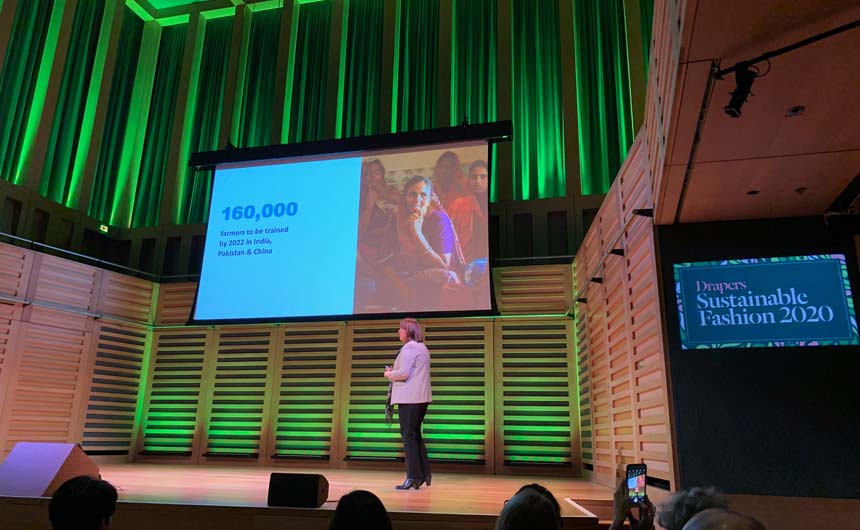
Primark has 120 environmental specialists on staff and launched the Sustainable Cotton Programme in alignment with Cotton Connect in 2013 – the aim is for 160,000 farmers to be trained in the scheme by 2022 across India, Pakistan and China, a target that it is on track to deliver.
It did not want to launch a ‘capsule collection’ driving a sustainable message, but to integrate sustainability into the main range. Primark has not increased the price of its sustainable cotton to the consumer and feel it’s a responsibility to find more sustainable alternatives – it has now turned its efforts to finding solutions to the polyester usage and recycled materials, as well as innovations within new fibres.
It was extremely encouraging to see the amount of work Primark is doing in this area, and not just over the last year but way before sustainability became a trend. Katharine was very open to sharing how Primark has done this, understanding that smaller suppliers which don’t have the buying clout of Primark need help to path their sustainable path forward.
Carmel McQuaid, head of sustainable business at Marks & Spencer, took the audience through a 12-year journey from Plan A in 2007 to today. The focus has been to ‘collaborate for change’ and partnering closely with Oxfam on Shwopping schemes. “Clothing wastage was an invisible problem, people didn’t see the waste,” Carmel stated.

M&S started its Clothes Exchange where a consumer would earn an M&S clothing voucher from Oxfam for donating unwanted clothes; 20 million clothes have been donated to date, earning Oxfam a whopping £16 million in donations. It is also working closely with Oxfam’s recycling centre to gather fibres which are being woven into new fibres – the first to launch was its men’s Charcoal suit.
M&S has been on a huge journey to review all its packaging and building a recycling infrastructure across the store base, something that retail is now starting to take more notice of, especially since the Government announced the new budget with a plastic packaging tax coming in to effect for April 2022.
Pentland presented its focused scheme on ‘designing out waste’ and removing 340,000 plastic shoe sticks from the Kickers brand equating to 34 kilometres end to end. It will continue to drive change across all of its brands. Pentland is also looking at who it needs to collaborate with to ‘make a difference’ and are now part of the European Outdoor Group founded in 2003.
New tech was a huge part of the conversation through the day, with ‘Post Carbon Fashion’ showcasing new innovation of clothes that photosynthesize and take carbon from the atmosphere, as well as Vin & Omi, a fashion brand driving new material innovation with its latest collection showcasing a nettle fabric take from The Sandringham Estate, a niche conversation which will in the future become more mass.
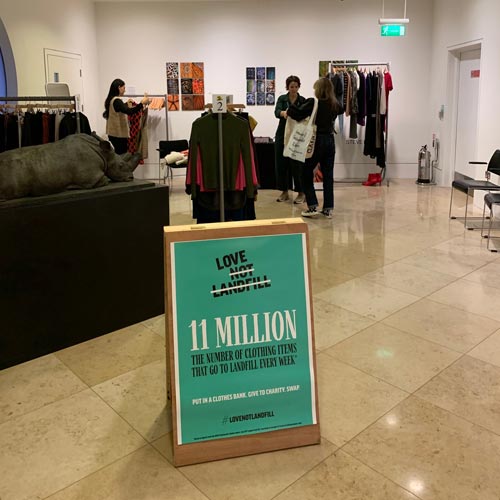
With 11 million clothing items going to landfill every week in the UK alone, swapping of clothes and renting was high on the trend forecast.
#lovenotlandfill runs pop-up swaps in businesses and shopping centres and Jane Sheperdson CBE, previously ceo of Whistles and brand director for TopShop, is now at the helm of My Wardrobe HQ leading a clothing rental revolution. Its latest pop-up is located in Selfridges and you can find them in weworks all over the country.
Jane says “My Wardrobe HQ is the Air BNB for fashion” and is using its technology to build retailers white label sites to build similar services. It’s easy, convenient and relatively cheap for the value of the garment, I will definitely be looking to do this for the licensing awards this year.
The conference was definitely eye opening and presented many opportunities for the licensing industry to drive these new tech conversations and look to use more sustainable solutions. I look forward to the day we can showcase this across our industry, too… I know for sure that its on its way.















